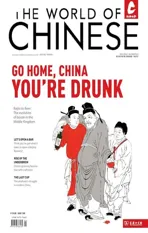MISHMASH
2013-07-24
MISHMASH
DJ PEI: SPREADING JAMS
Beijing’s DJ Pei (real name: Sun Peipei, 孙配配) has been dropping disco tracks at some of the capital’s grooviest bars and clubs for the last two years, but for her, the party is really only just getting started. She has gone from appearances at a nearly hidden hutong spot, Siif, to a regular monthly gig at Dada, a popular new Gulou (鼓楼) bar and club hailing from Shanghai, in addition to the occasional boutique party hosted by a member of a Beijing fashion design collective, Nono Muaks. Her musical taste—mostly Nudisco and Disco House—is in the minority for most Chinese DJs, she says. “Most Chinese DJs play disco just because retro culture is back and they think playing disco is in fashion or something. I don’t think they really love disco.”But Pei’s fondness for disco started at an early age. “My mom told me that when I was a baby, every time I cried, she would hold me, dancing to disco music, and I stopped crying. So I think maybe there’s something in my bones. I was born as a disco-music lover!”
When Pei isn’t spinning with her petite Vestex controller (“Small is best for a female DJ!” she laughs), she is busy as a senior buyer at Nuandao (暖岛), an online shop featuring quirky techie and home products from Chinese designers. You can relive the old days by visiting her online Taobao store, Bye Bye Disco, a Chinese vintage shop for Feiyue (飞跃) kicks and other 80s pop culture finds that was formerly located in Nanlougu Xiang (南锣鼓巷) and co-owned with a member of Beijing band New Pants (新裤子).
- JESSICA RAPP (阮洁茜)
OUT OF THE SHADOWS COMES STYLE
If you’ve been browsing China’s touristy shops, you’ve probably been bombarded with those hand painted Han Dynasty (206 B.C.-220 A.D.) shadow puppets such that you’ve forgotten all about the various creatures that you can bring to life with your own hands. Triple Major’s founder Ritchie Chan hasn’t forgotten though; his newest collection “Hand Shadow” incorporates all those index finger rabbit ears and alligator chops that used to prance along our walls when we believed in fairies and magic. These mainly black and white button-up shirts, bags and tees were featured at Capsule during Paris Fashion week and are just one of the many avant-garde designs in Chan’s shop on Baochao Hutong (宝钞胡同). Want pencil pants or crab claw gloves? Xiamen native Chan hasthem—the goal for his concept store is to bring creative, independent, international designers into China’s growing fashion industry. His inspiration for the “Hand Shadow”collection coincides with his mission to connect progressive style-seekers in China to the international fashion community. “Hand shadows are a form of universal language. No matter what country you’re from you can always understand it,” Chan told design web-magazine NeochaEDGE.“Clothing itself is quite similar. Everybody wears a white T-shirt or a pair of jeans no matter what cultural background you have. So clothing essentially is also a form of universal expression.” - J.R.
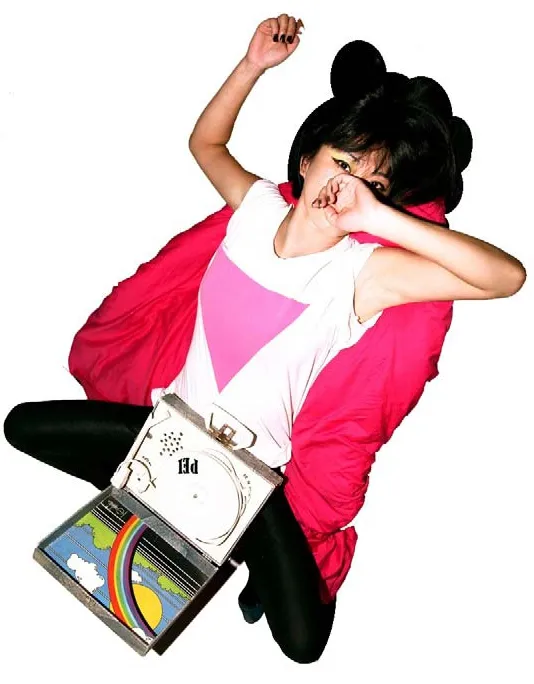
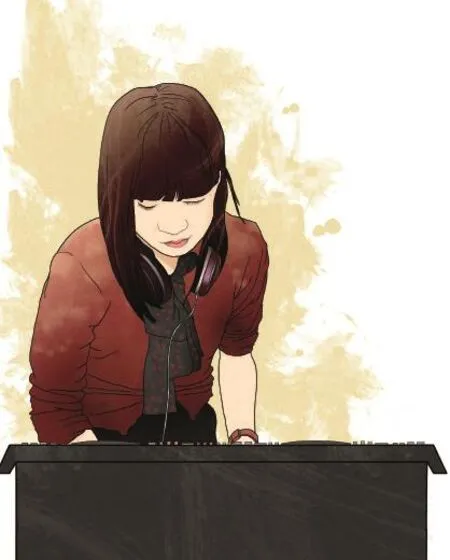
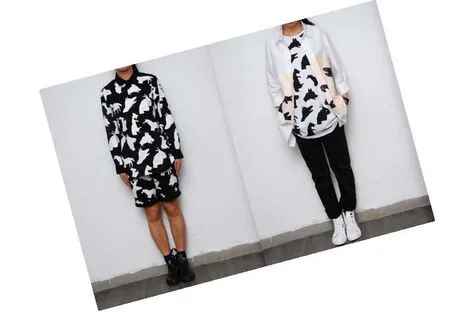
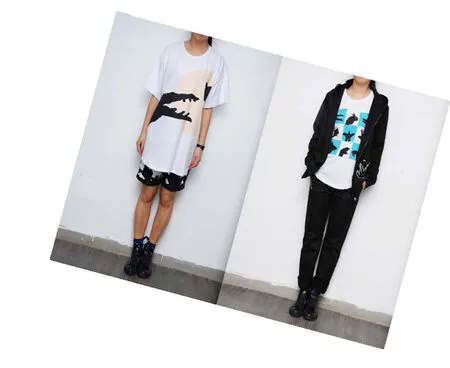

SIP A GLASS OF SNAKE
It’s slithering; it’s slimey; it’s snake wine (蛇酒 shéjiǔ )! You’re most likely to run into this traditional delicacy when on a tour down the Li River (漓江) in Guilin (桂林), but you can certainly decide to pass up a taste if your stomach isn’t up for it. Brian Ritchie, a tourist from Scotland, certainly did, but made sure to photograph the paunchy reptile in its liquor-filled jar to share with his unbelieving friends back home.“I’m afraid we chickened out,” he lamented of his choice not to sample the drink. “It reminded me too much of jars of preserved specimens in natural history museums! One Italian couple near us tried some though, and said it reminded them of cognac.”
Snake wine is said to have been first consumed during the Western Zhou Dynasty (1046 B.C.-771 B.C.) and is supposed to have health benefits according to TCM. Venomous snakes are commonly used for making the rice wineconcoction, but have no fear: the alcohol content negates the poison. Now, if only you can get past those slit pupils… - J.R.
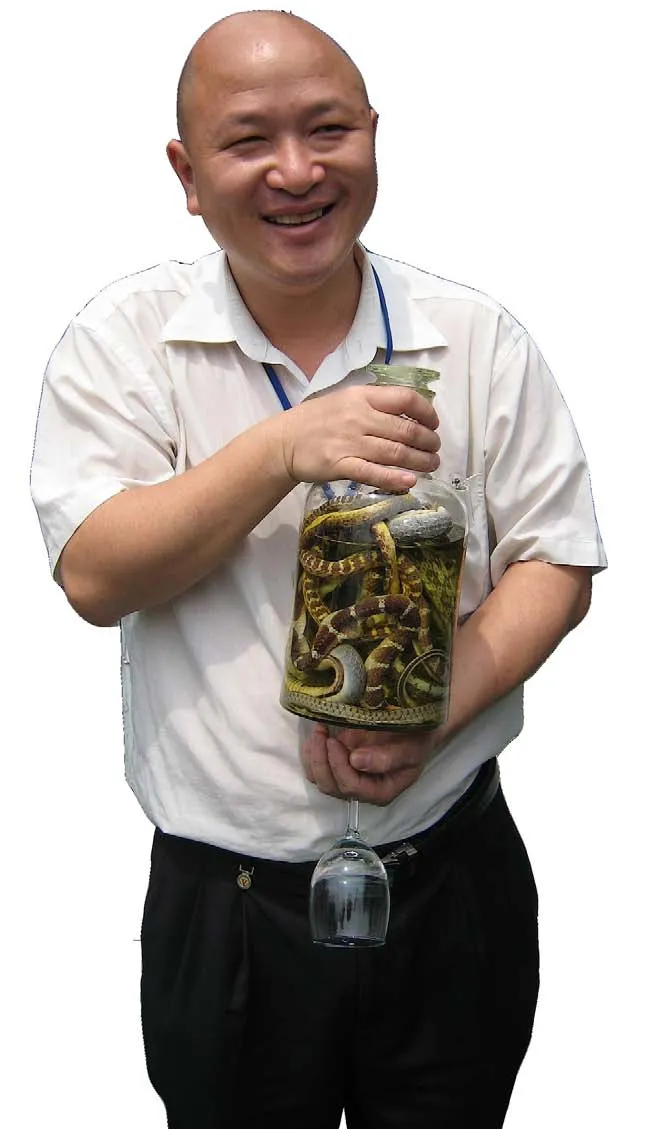
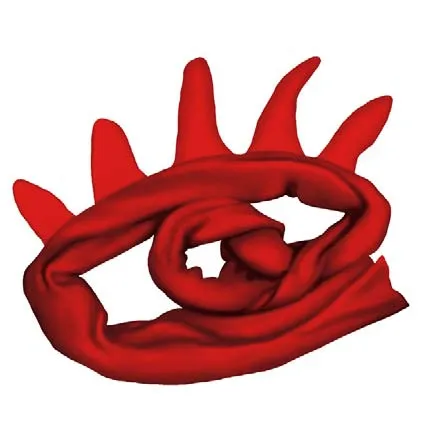
李安中国创业,拿《少年派》样片找张导,导说:画面差,未加中国红元素。找陈导,导说:思想肤浅,格局不够。冯导:场面不热闹,一人四畜哪儿够,不懂票房。第六代导演集体说:不够批判,人该把老虎吃了。电影局审片:未体现政府在海难的主导作用。群众观后齐声:看球不懂!安郁郁寡欢,于通州某影楼,终。@李承鹏
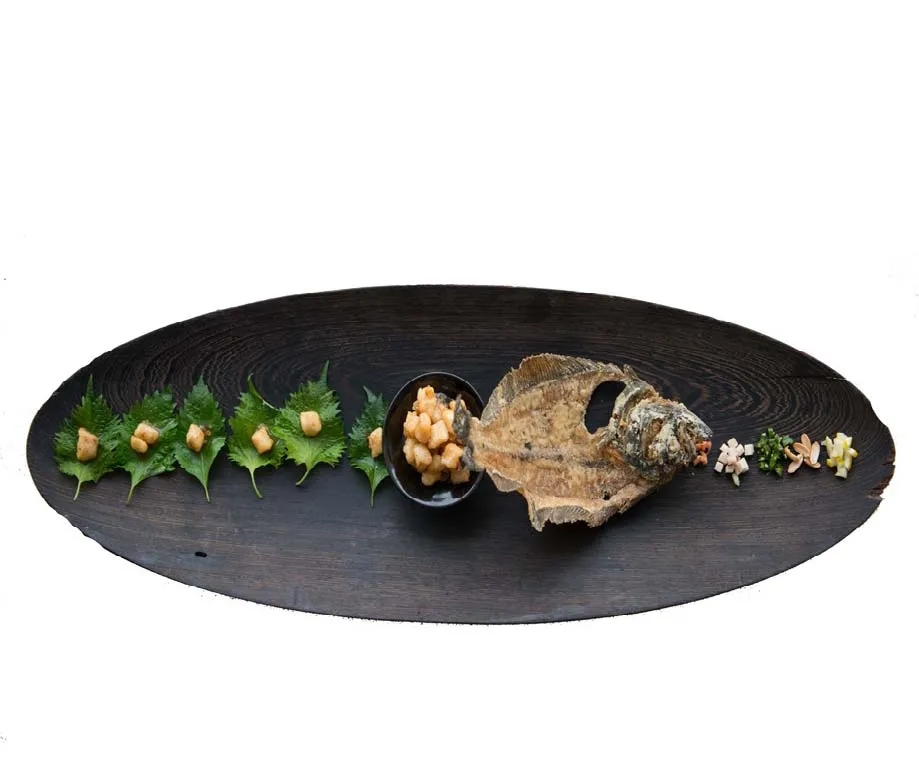
ON “LIFE OF PI”

CHEN KAIGE'S THE PROMISE
Some Chinese movies are hard for foreign audience to appreciate because of cultural differences or the language barrier. But if you ever encounter “The Promise”
(《无极》Wú Jí) directed byChen Kaige in 2005, run fast and run far! Despite the scale of the production and with some of Asia’s biggest names in its cast, it may be one of the worst in Chinese movie history. Set in a fictional dynasty, the movie features a beautiful female protagonist (Qingcheng) who was cursed to live a luxurious life, but without true love, as the King’s concubine. A slave, Kunlunnu, fell in love with her and broke the curse—this is the ridiculous part—by running so fast that time was turned back so that Qingcheng could start her life over. The preposterous plot, exaggerated performances and cheesy lines have made the film a laughing stock among many Chinese viewers. Here are some lines that might entertain you:
Proud of her beauty, Qingcheng charms a group of invaders into letting her go: “ Who wants to know what I am wearing under my cloak? Then put down your weapons.”
Yǒu shéi xiǎng kànkan wǒ dǒupeng xiàmiàn chuān de shì shénme? Nà jiù fàngxià wǔqì.
有谁想看看我斗篷下面穿的是什么?那就放下武器。
Slave Kunlunnu is determined to break the curse for Qingcheng:“Qingcheng, I will turn back time for you and let you know that fate can be changed.”
Qīngchéng, wǒ yào dài nǐ huíqù, wǒ yào ràng nǐ zhīdao, mìngyùn shì kěyǐ gǎibiàn de.
倾城,我要带你回去,我要让你知道,命运是可以改变的。
Wuhuan, another suitor who joined a fight over Qingcheng, says to her:“It’s you who cost me the opportunity to be a nice man.”
Shì nǐ, ràng wǒ shīqù yí gè zuò hǎorén de jīhuì.是你,让我失去一个做好人的机会。 - ALICIA ZHANG(张华阳)
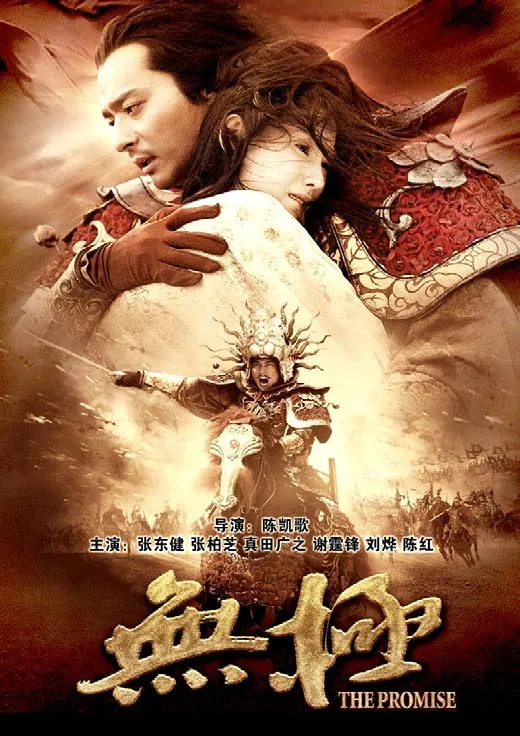
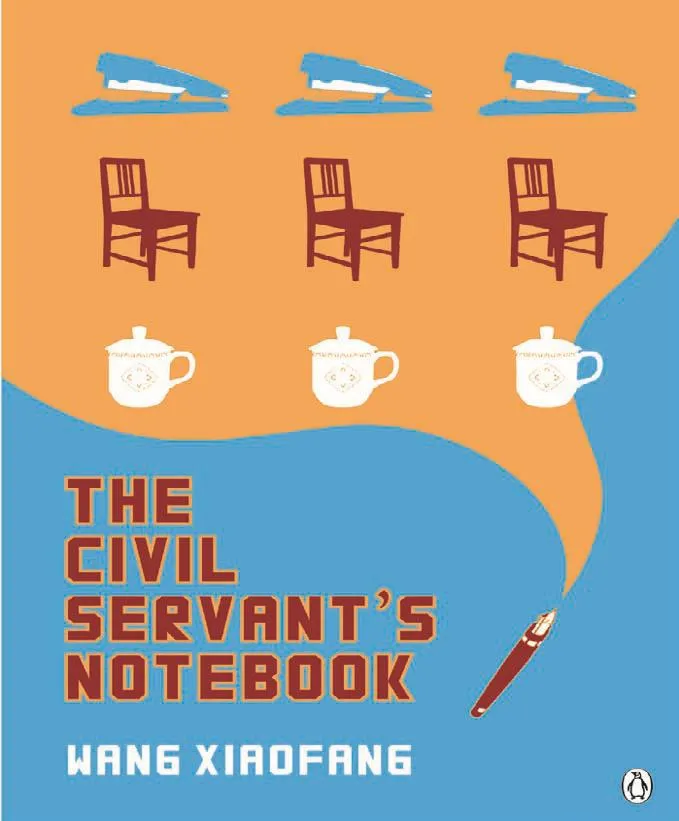
BOOK CLUB:
THE CIVIL SERVANT'S NOTEBOOK BY WANG XIAOFANG
Translated by Eric Abrahamsen Published by the Penguin Group, 2012
To understand China, one must understand its politics: “The Civil Servant’s Notebook” (《公务员日记》Gōngwùyuán Rìj ) draws on author Wang Xiaofang’s personal experience in public office and offers a rare glimpse into a world generally sealed offto outsiders.
In Xiaofang’s latest literary contribution, two old rivals, Vice-Mayors Liu Yihe and Peng Guoliang, compete for the position of Dongzhou City Mayor. But when a private notebook finds its way into the wrong hands, the stage is set for a spectacular fall from grace. The question is: who will it be? Through the scandalous affairs, defamation, nepotism, conspiracy and unmitigated corruption of a notable cast of narrators, Wang documents the obsession with power surrounding political ascension. He renders it a catalyst for moral decay as he questions the sacrifice of personal integrity for political gain. He shows how power and corruption are cancers of the soul, propelling victims ever-forward in a rat race for
�s “Life of Pi”
universal praise among its Chinese audience after its premiere last November. Lee’s success has also led bloggers to reflect upon the lagging Chinese movie industry. Journalist and author Li Chengpeng (李承鹏) posted a satirical piece imagining what Lee’s career in china might have been like: Director Ang Lee wanted to start his career in China. With a sample film of “Life of Pi,” he turned to Director Zhang (Zhang Yimou), who responded, “Without the signature Chinese red, it’s poor visually.” He turned to Director Chen (Chen Kaige), who replied,“Your story is shallow and narrow-minded.” “It’s not exciting enough with only a human and four animals; you have no idea about how the box office works,” commented Director Feng (Feng Xiaogang). The sixth-generation directors collectively commented, “It’s not critical enough. The boy should have eaten the tiger.” Film censors also said that,“the government should be depicted in a leading role in dealing with the accident.” The audience said, “What the hell? I don’t get it!” Ang Lee was depressed and left to work in a photography studio in Tongzhou, a suburb of Beijing, and died a wedding photographer. -GINGER HUANG (黄原竟)
